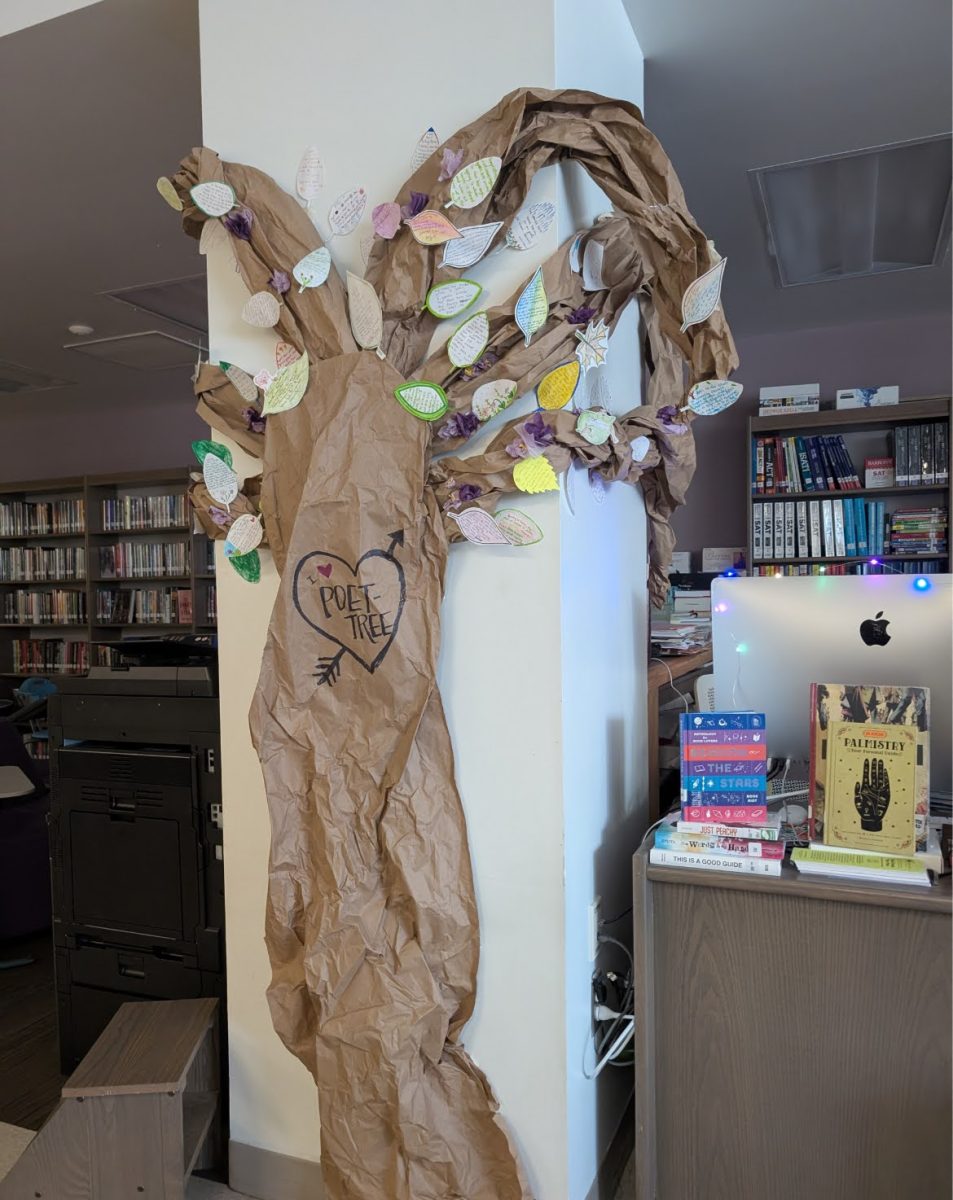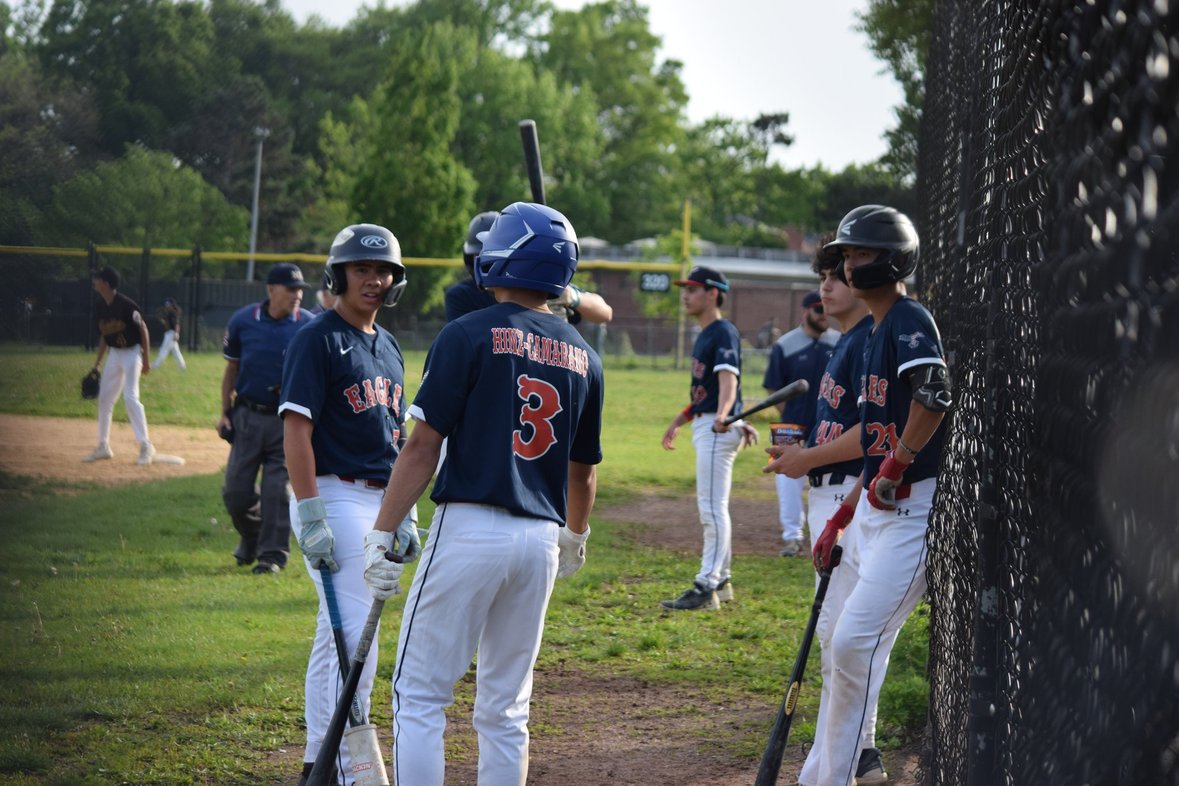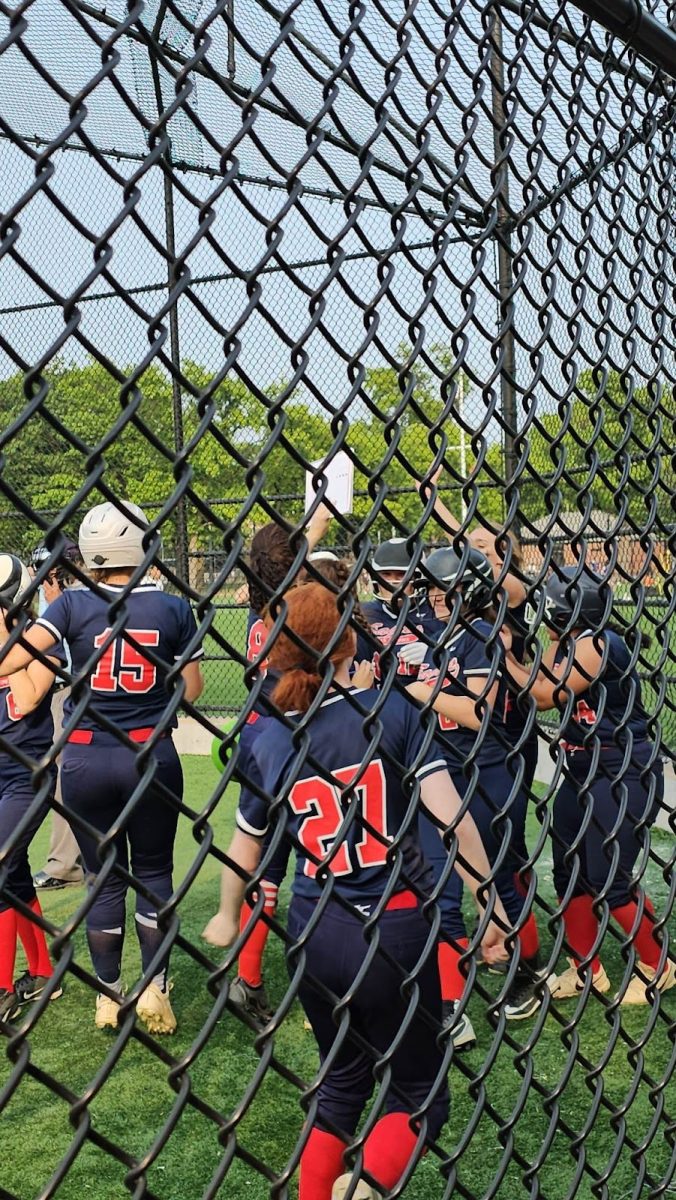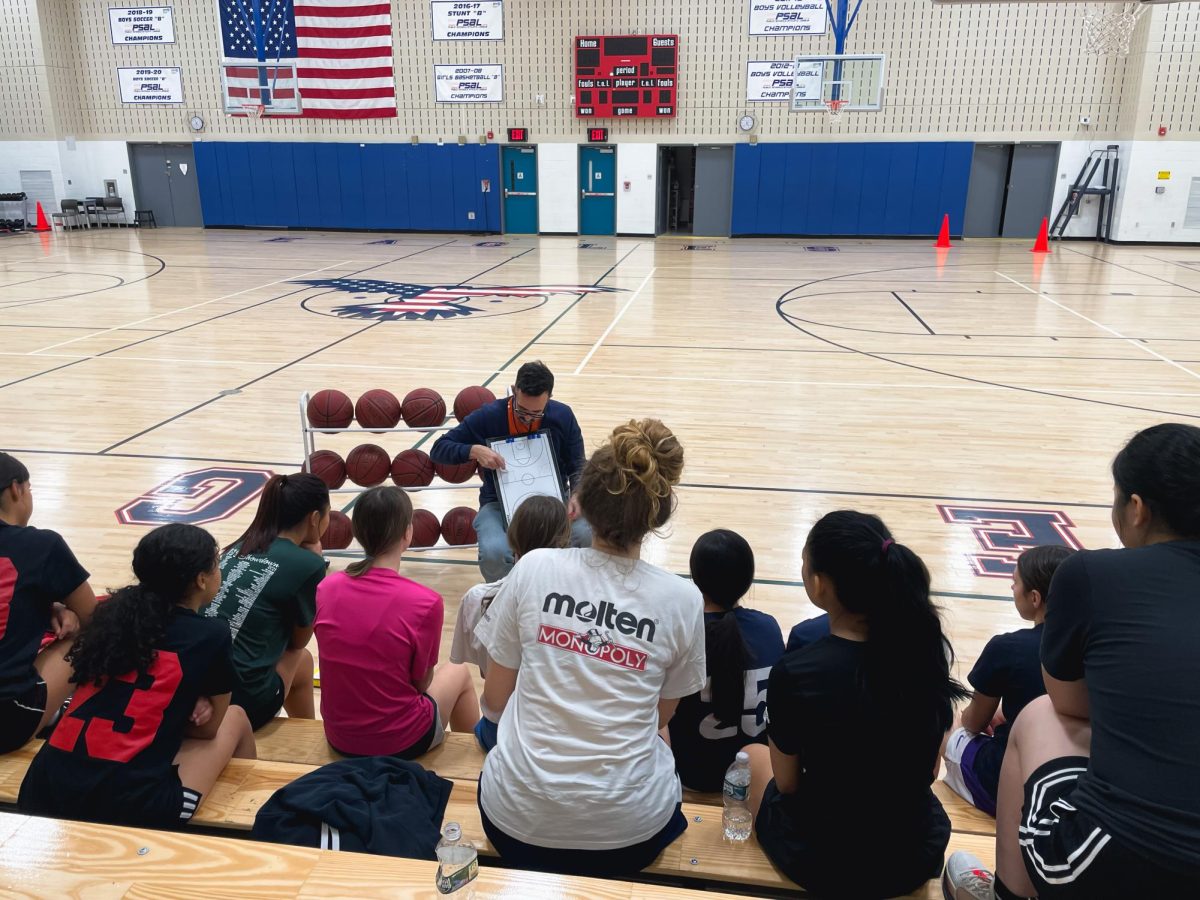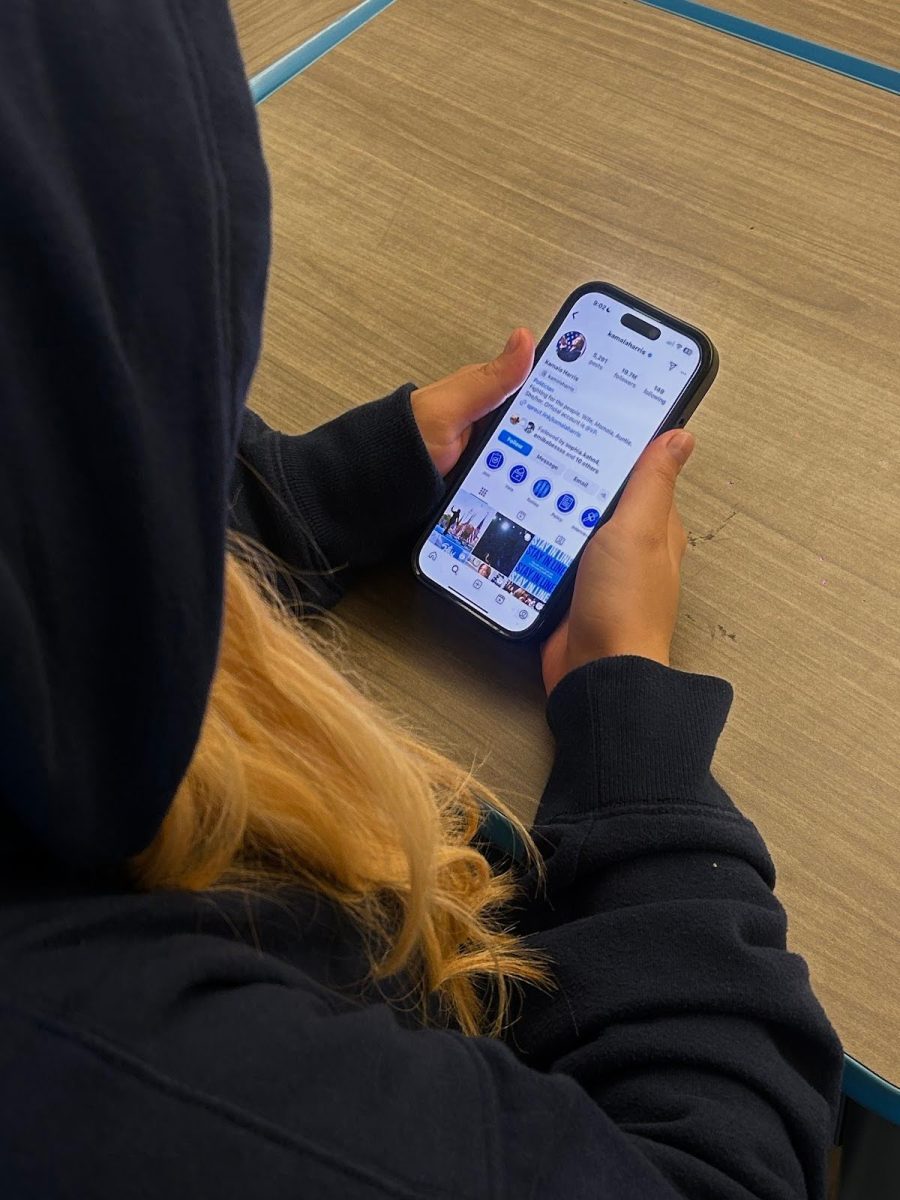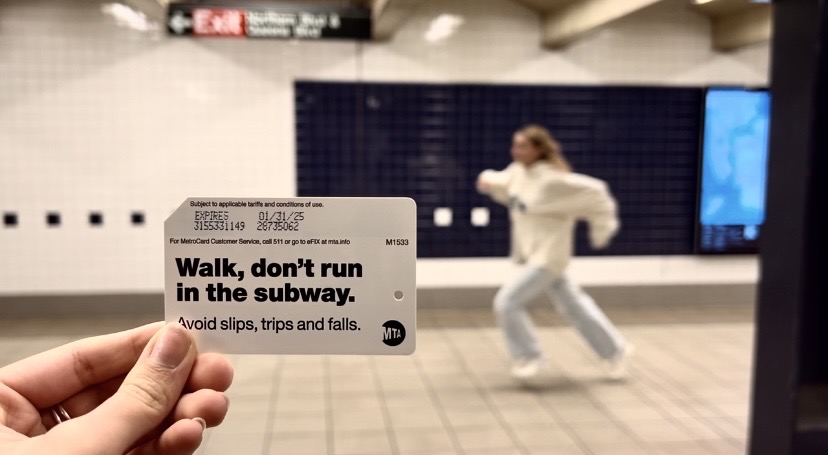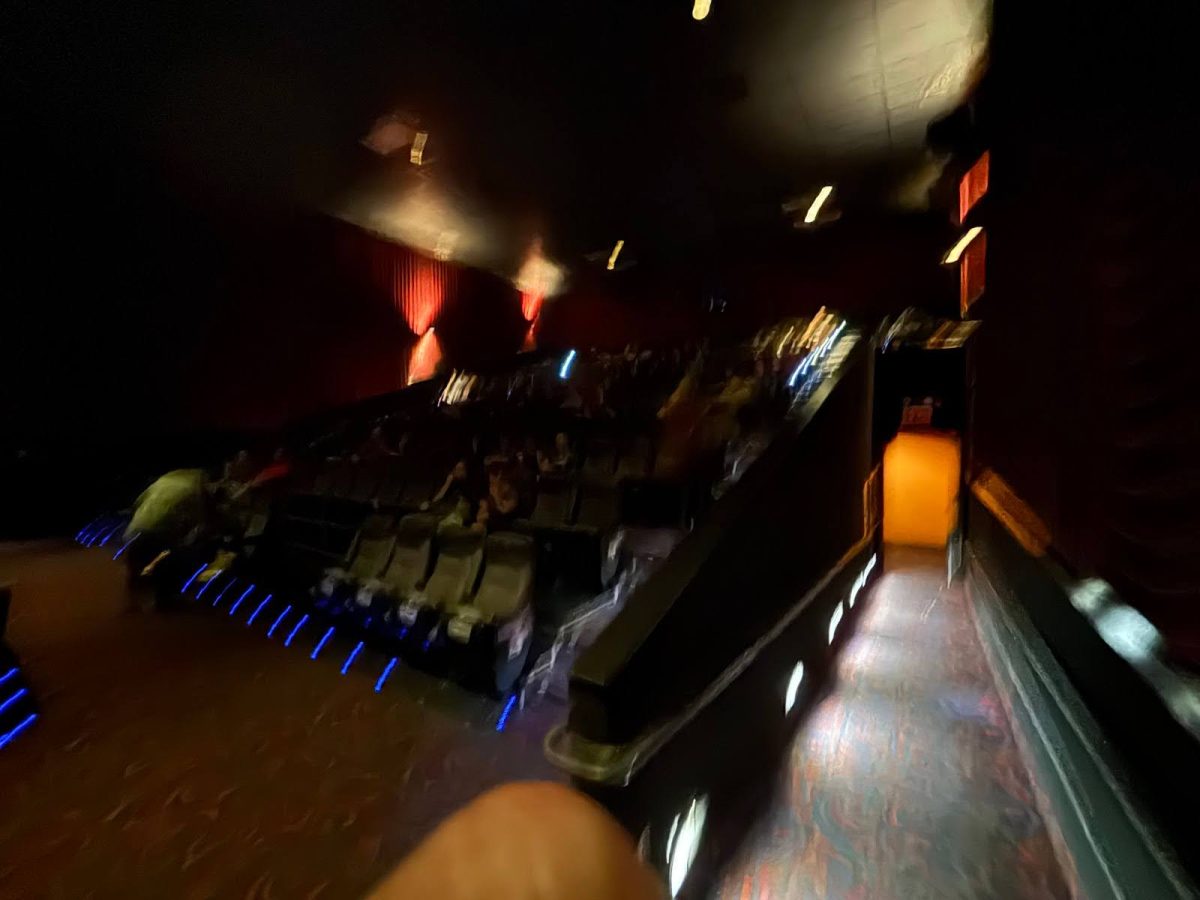Teens today are more connected than ever through apps like Instagram, TikTok, and Snapchat. While these platforms offer spaces for creativity and self-expression, they also come with serious risks. Social media impacts everything from body image to social relationships, but its effects on mental health are especially alarming. Teens are in a critical phase of emotional and psychological development. The constant exposure to filtered lives, viral trends, and online validation creates intense pressure. They’re forming their identities in a world that often rewards perfection over authenticity.
This is more than just speculation, it’s backed by research. The American Psychological Association (APA) reports that heavy social media use is linked to rising levels of depression and anxiety in teens. The Journal of Adolescent Health found that teens who spend more than three hours per day on social platforms experience sleep disruption and emotional instability, and according to the Pew Research Center, nearly half of teens feel pressure to post “perfect” images online, creating an environment where self-worth becomes tied to likes and follows.
Some argue that social media isn’t all bad: It can be a space for teens to connect, find support, express themselves creatively and even engage in activism. But the growing evidence shows that we cannot afford to ignore the emotional toll social media can take, especially when it comes to the mental well-being of teens. We must take action to protect and guide them, not by banning technology, but by building a healthier digital culture.
Parents play a critical role in leading this shift. They can start by setting clear but flexible screen time limits, modeling healthy tech habits, and engaging in open conversations with their children about how social media makes them feel. Using built-in tools like screen time tracking or app restrictions can help teens develop balance and self-awareness. It’s not about control, it’s about collaboration and trust.
Schools, too, need to step up. They should integrate digital wellness and media literacy into their curriculum, helping students critically evaluate what they see online. Counselors and teachers should be trained to recognize the signs of social media-related stress, anxiety, or isolation. Schools can also create device-free zones or tech breaks during the day to encourage face-to-face interaction and give students a breather from the online world.
Teens themselves should be empowered to take control of their digital lives. They can reflect on how certain accounts or apps make them feel and unfollow those that trigger insecurity or stress. They should be encouraged to take breaks, set boundaries, and follow content that uplifts rather than pressures them. Self-care in the digital age includes curating your feed just like you would curate your environment or friendships.
Tech companies must also be held accountable. Platforms like Instagram, TikTok, and Snapchat should implement stronger mental health safeguards, such as reminders to take breaks, improved content moderation, and more transparent algorithms. They should prioritize mental well-being over engagement statistics and commit to reducing harmful content that promotes unrealistic beauty standards or fuels cyberbullying.
Resources such as the documentary The Social Dilemma and reports from the APA are essential for raising awareness, but we can’t stop there. What we need now is collective action, parents, educators, teens, and tech leaders working together to redefine what healthy social media use looks like. This isn’t just about managing screen time, it’s about protecting mental health, preserving self-worth, and creating a culture where teens can thrive both online and offline.
The conversation about social media’s impact on teens is not about banning technology, it’s about helping teens build a more mindful and balanced relationship with it. Behind every screen is a young person trying to make sense of a fast-moving world. They don’t need perfection. They need guidance. They need balance. And most of all, they need our support.


